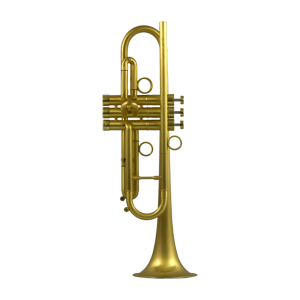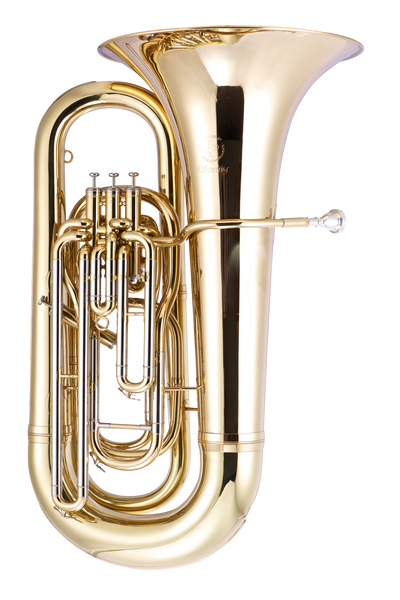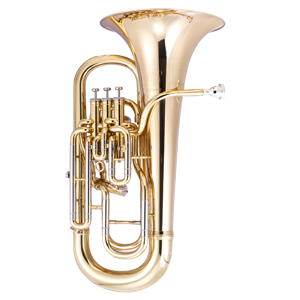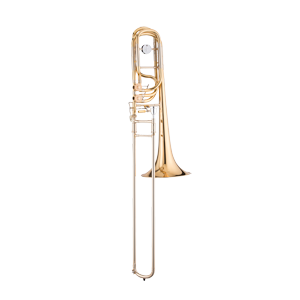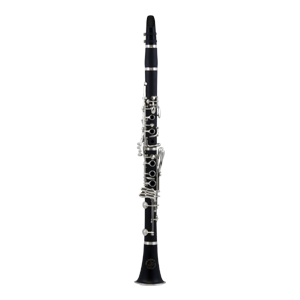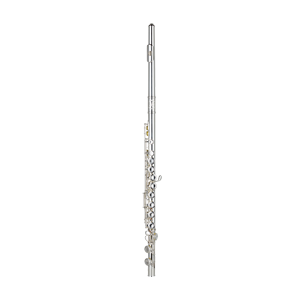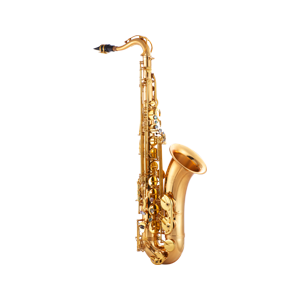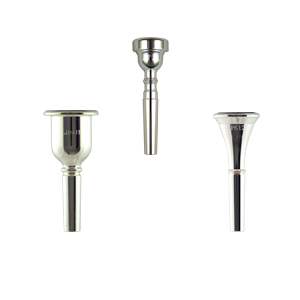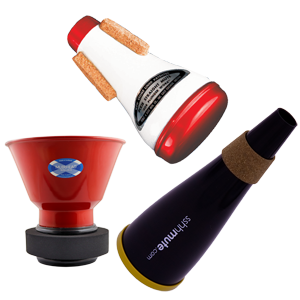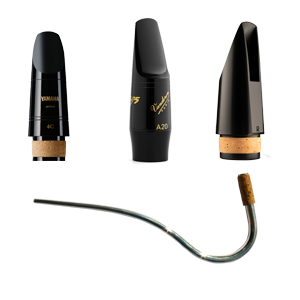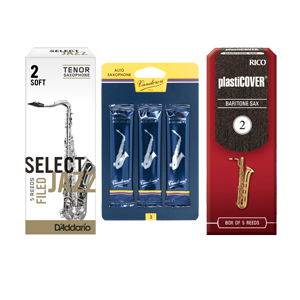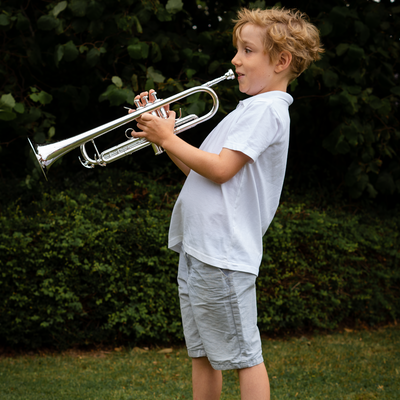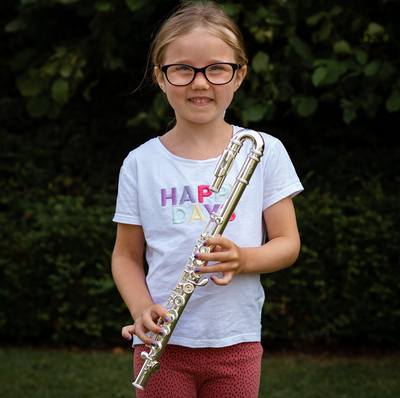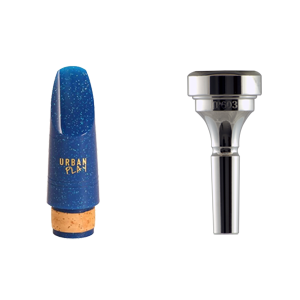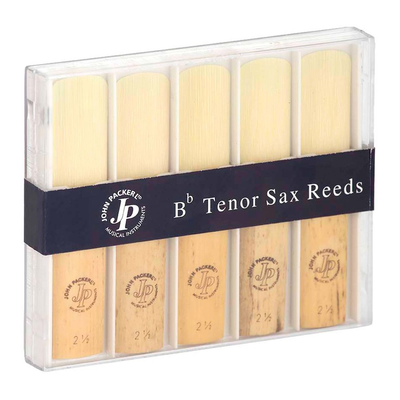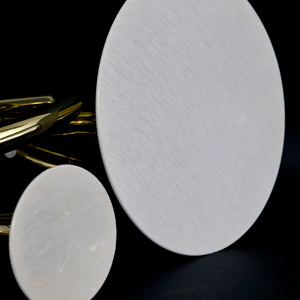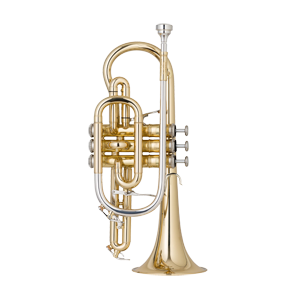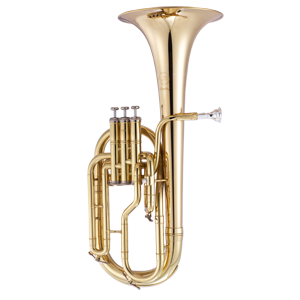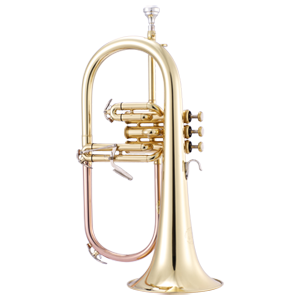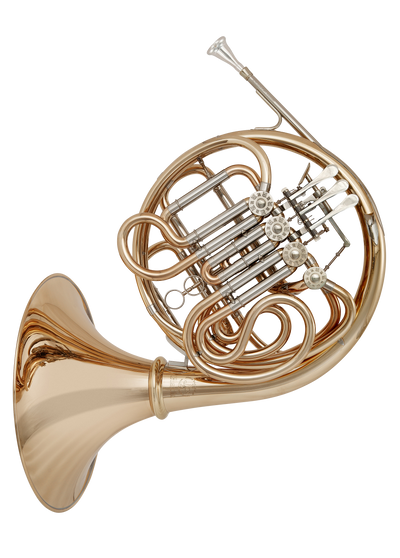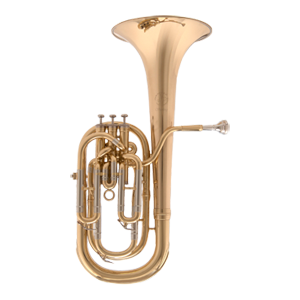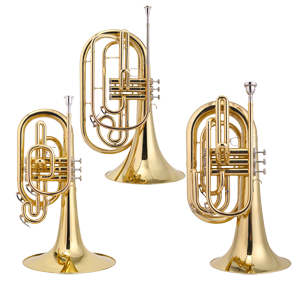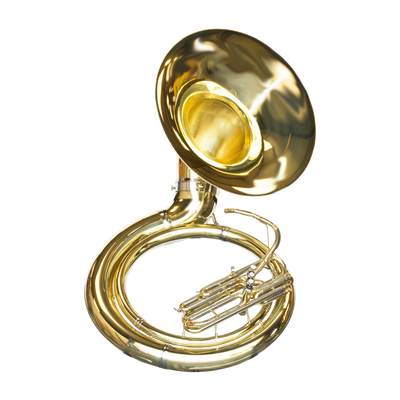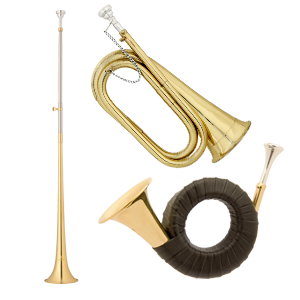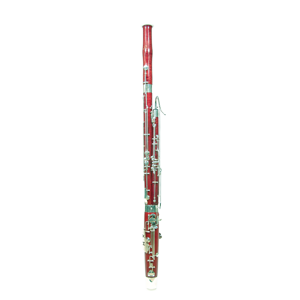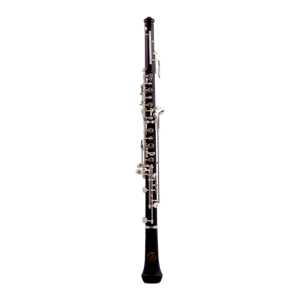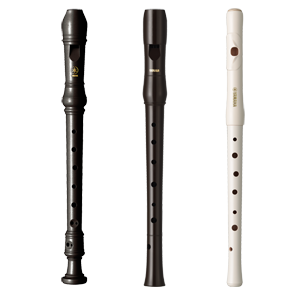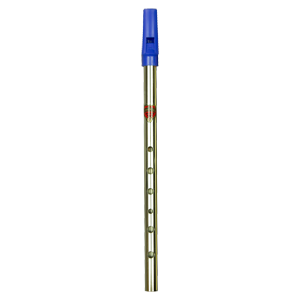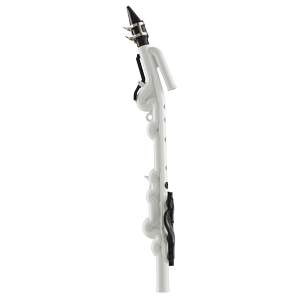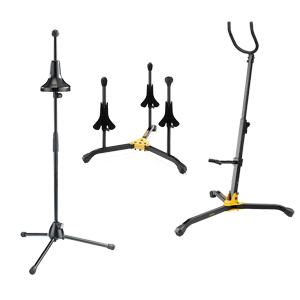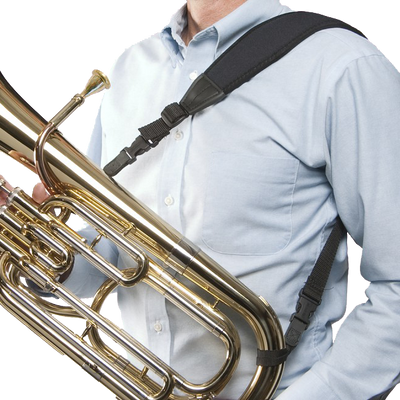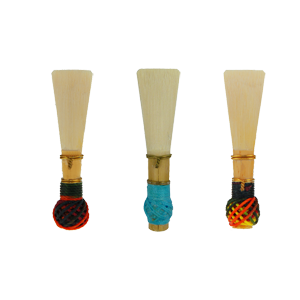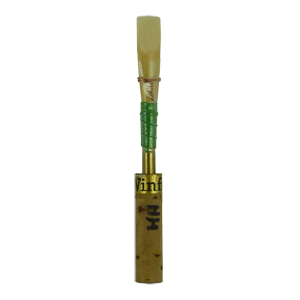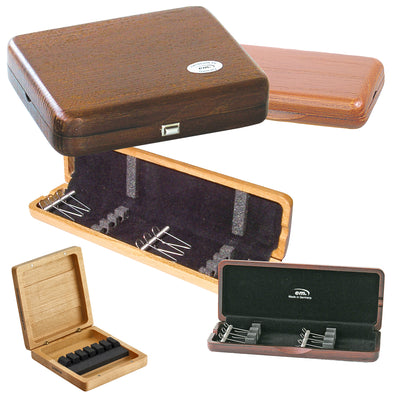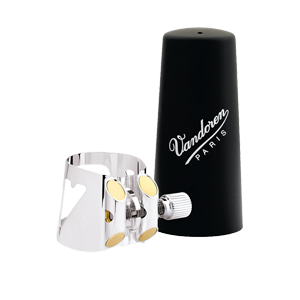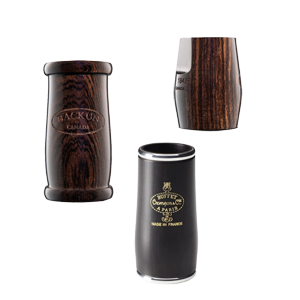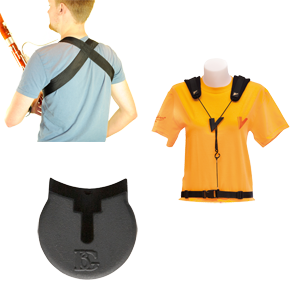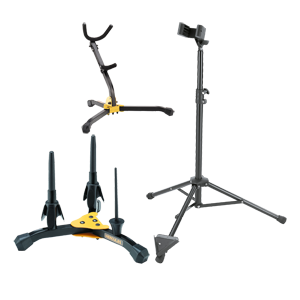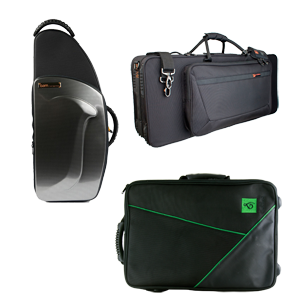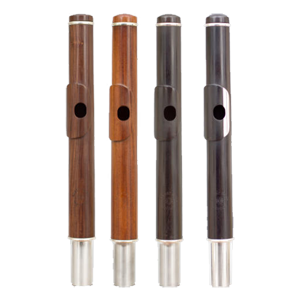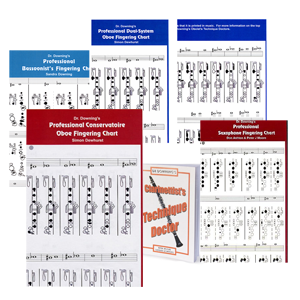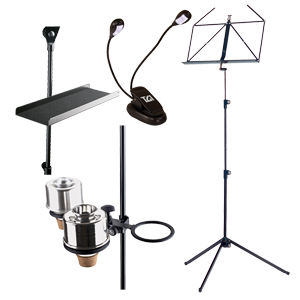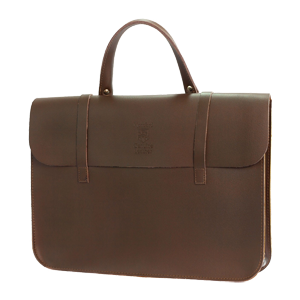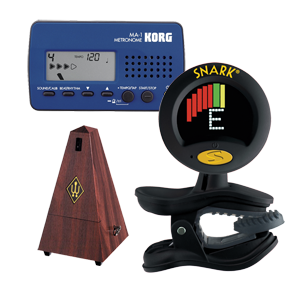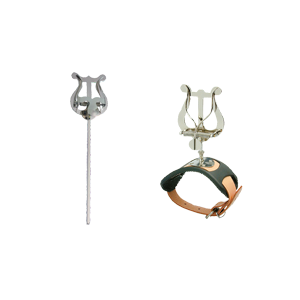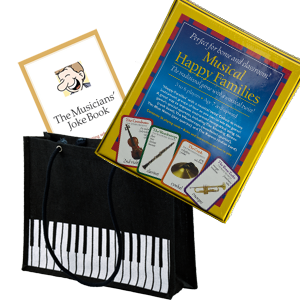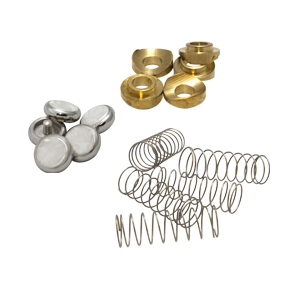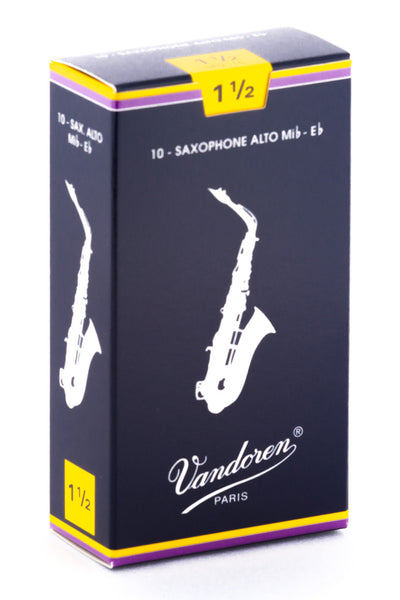Musical Instruments for Children - A General Guide
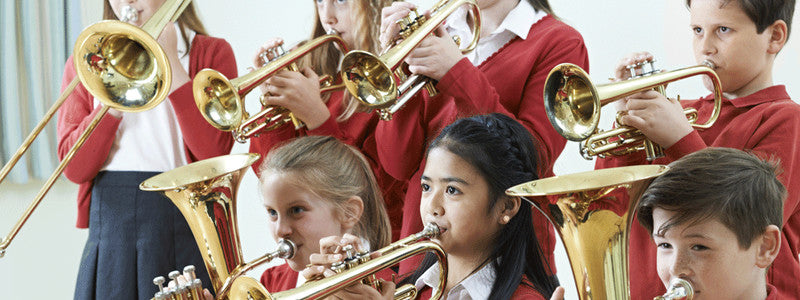
View our range of instruments for children
Recent scientific evidence has shown that learning to play a musical instrument can make you smarter. Researchers found that playing regularly changes the shape and power of the brain and can add up to 7 IQ point in children and adults. In addition, playing an instrument can improve a whole range of other skills including increased memory capacity, concentration and basic mathematics and arithmetic amongst many others.
As a result of these wide ranging benefits, it’s no surprise that many parents are keen to encourage their children to start learning a musical instrument at a young age. On the face of it, this is a great idea but it can sometimes result in some challenges finding suitable instruments, especially with younger children. Woodwind & brass instrument, by their very nature, usually require the player to hold the weight of the instrument. For younger players with smaller hands, this can prove difficult. It is important that children are not pushed to start learning too young, as this can not only put them off playing but can cause, in the worst cases, issues with posture as well as muscular and skeletal problems.
Some instrument manufacturers have addressed this challenge by designing specially designed models with children and younger players in mind. These may feature reduced keywork, curved headjoints or lightweight materials to make them easier to play and hold. For types of instrument where this is not possible, there are a number of other tips and tricks that you can employ.
How young is too young?
Unfortunately the answer to this question is like many others… it depends! As children grow and develop at different ages and speeds, it is difficult to provide an accurate answer. With many woodwind & brass instruments, learning to play is more reliant on physical strength, arm length and hand size. As a very rough guide some players on the lighter instruments (flute, cornet etc) can start around age 7 whereas it is recommended that for larger instruments such as the saxophone, that pupils wait until age 10.
Waiting for adult teeth
An important consideration when deciding when it is best for children to start learning a woodwind or brass musical instrument is whether they have their adult set of teeth. Your embouchure is vital in playing your instrument at its full range with a full, clear tone. This relies not only on your facial muscles but also the structure of your mouth which is significantly affected by your teeth. Developing your embouchure is a very personal journey which requires careful practice. A constantly changing mouth shape can hinder this process. It should be noted that there are still several schools of thought on this matter. It is usually best to query this matter directly with your selected tutor.
Plastic fantastic
In recent years, plastic instruments have improved dramatically. Now, no longer seen simply as toys, some models can deliver sound that is close to being comparable to brass models. Plastic models are now available for trumpet, cornet, clarinet, flute & saxophone making weight less of an issue for younger players. These instruments are lightweight, affordable and more durable.
View our range of instruments for children
Still not sure what you’re looking for? Ask a question below or do feel free to give one of our friendly instrument specialists a call. We are run by musicians for musicians so are always happy to help.



